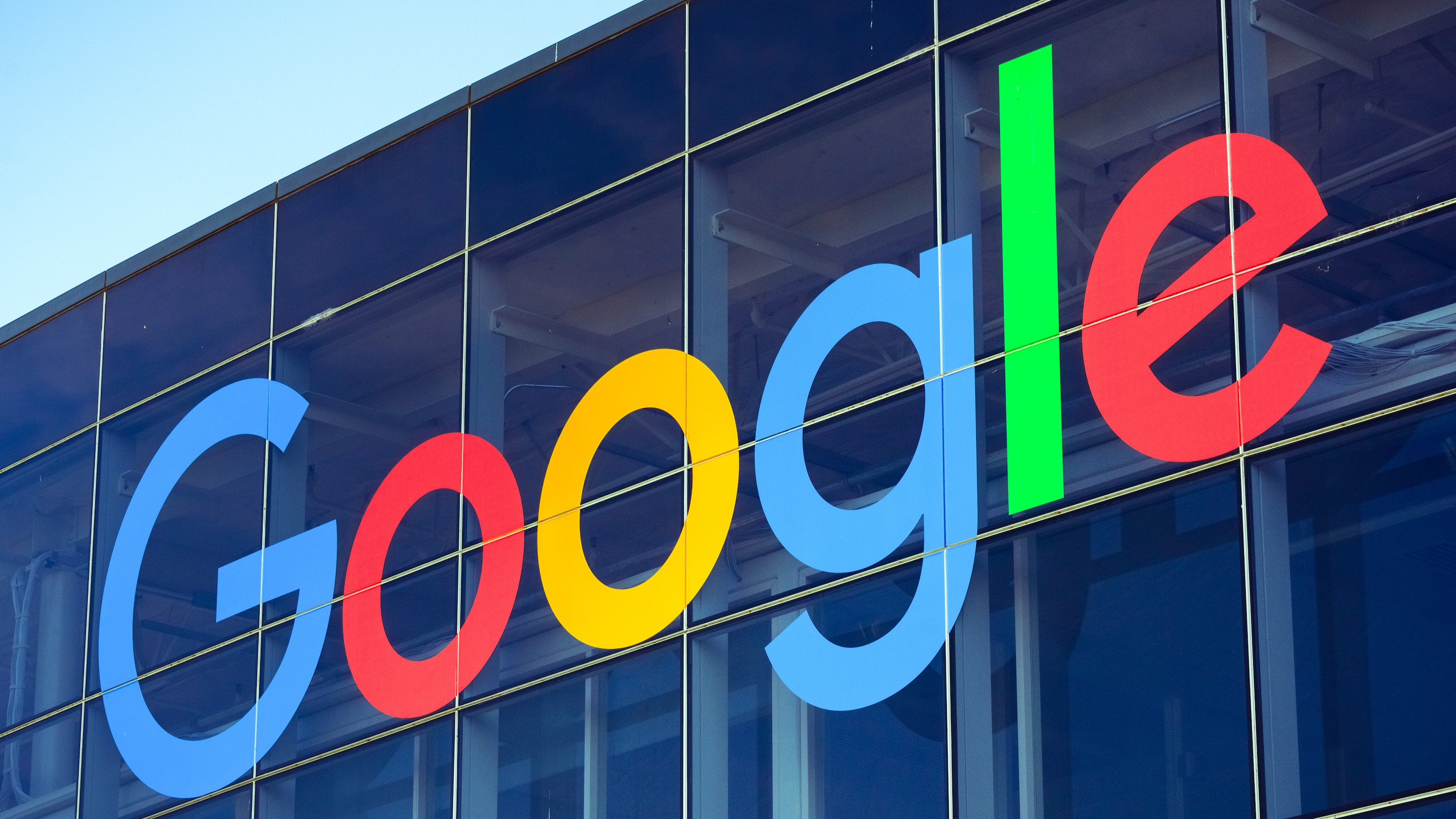
Google is shuffling things up with the divisions that develop the software and hardware products you're most likely to use from the company. In a blog post from Sundar Pichai this week, the Google CEO announced the merger of software teams that work on Android, Chrome, and Chrome OS with hardware teams that are responsible for the Pixel and Nest devices.
The reason for the move? According to Pichai, it's because the company believes that to “truly drive computing forward, we need to do it at the intersection of hardware, software and AI.”
Whatever the reason, it's clearly a major reoganization that Google says hase been some time in the making, with the goal of integrating AI across all of Google’s products.
The new combined department is called Platform & Devices. According to Pinchai, this new department, led by current hardware head Rick Osterloh, will “help us turbocharge the Android and Chrome ecosystems, and bring the best innovations to partners faster.”
As for Hiroshi Lockheimer, the head of the OS team, Pichai says he'll be working on other projects for Google parent company Alphabet but will continue to advise on the transition of the hardware and software businesses under one roof.
Pichai added in his post that the DeepMind team is also changing to accelerate their Gemini AI models and bring improvements to Search.
Google has been quickly adding AI tools to just about everything you can think of from putting Gemini AI in the Chrome address bar to tools like VLOGGER and Instrument Playground.
Analyst: There's a danger lurking in this merger
Avi Greengart, founder and lead analyst at Techsponential, said that Osterloh will have to perform a balancing act integrating Android, AI and Pixel devices “while keeping Samsung and other licensees happy. Google needs them to maintain market reach.”
Pichai did point out in his blog post that Google plans on bringing AI tools to other Android device makers, specifically mentioning Circle to Search that debuted on the Galaxy S24 this year. But Greengart counters that the danger for Google is if it “focuses on Android on Pixel integration to the detriment of the broader Android ecosystem.”
For the average user, don’t expect to see any massive updates or changes to Google or Android devices for at least a year, possibly two, according to Greengart. It will take time for Google’s teams to shift how they work in this new team.
Greengart believes that upcoming products will see more use of Tensor processors running AI models on the devices instead of the cloud. Beyond that, there might be tighter integration between Pixel devices and Nest home devices, such as sharing a common store of data.
The number one goal of this reorganization seems to be speed. Supposedly Google had already implemented initiatives to approve AI projects more quickly. If anything, this reorganization puts everything in the fast lane. It’s clear that Google sees AI as, increasingly, the sole future of their business.







